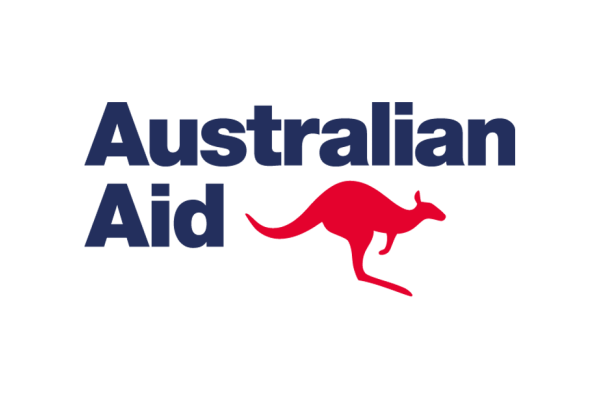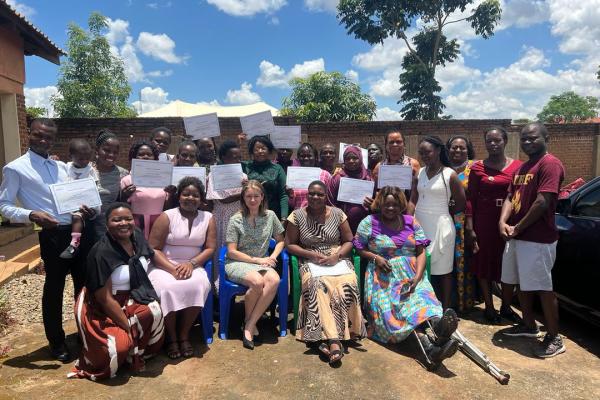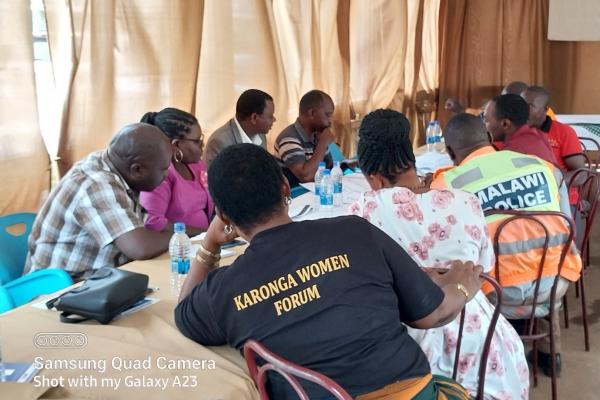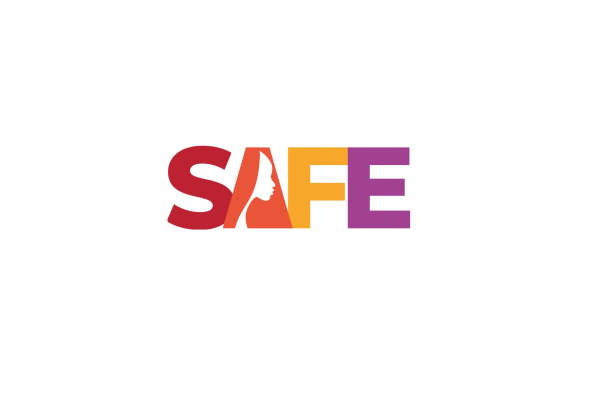Gender-Based Violence
Our role on GBV prevention and response
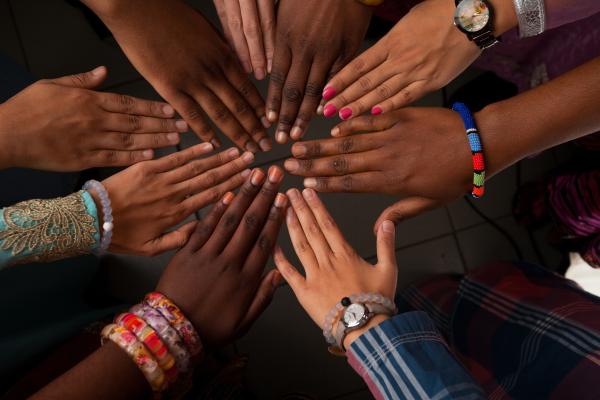 Our global Gender-Based Violence (GBV) team provides strategic technical support to actors across the GBV ecosystem from donors to community-level women-led organisations. We are a multi-disciplinary team delivering programme design and implementation support, advocacy, research reports, MEL and helpdesk services.
Our global Gender-Based Violence (GBV) team provides strategic technical support to actors across the GBV ecosystem from donors to community-level women-led organisations. We are a multi-disciplinary team delivering programme design and implementation support, advocacy, research reports, MEL and helpdesk services.
Our team aspires to apply our feminist principles in all our work and to support sustained and transformative change. We partner with diverse stakeholders and we take an intersectional approach to our work on GBV prevention and response across development and humanitarian contexts.
Our work includes primary prevention programming, community-level response to GBV and SEAH, school-related GBV, GBV in Emergencies, Technology-Facilitated GBV, Violence against LGBTQI+ communities, and GBV in Climate and Economic programming.
Read more about our current work or search our extensive GBV Resource Library below.
Further Resources on GBV Prevention and Response
Refugee Women-led Organisations on the Frontline of Addressing GBV: Key Actions for the Global Refugee Forum
This policy brief summarises the pivotal role that refugee WLOs play in preventing and responding to GBV, as well as the systemic barriers they face. It aims to support specific and actionable pledges at the Global Refugee Forum.The insights are based on interviews with refugee WLOs in Kenya, Ukraine, South Sudan, Rwanda, Romania and Jordan, global organisations supporting refugee WLOs, and refugee leaders working with refugee women and youth networks. The brief also draws on a rapid desk review of the evidence.
Stopping Abuse and Female Exploitation (SAFE) Programme, Zimbabwe - Introductory Slides
This resource provides an overview of the Stopping Abuse and Female Exploitation Programme in Zimbabwe.
How to prevent GBV in Emergencies
Gender-based violence is preventable and there is more evidence than ever before about what works. In recognition of the 16 Days of Activism against GBV, this latest infographic from the GBV AoR Helpdesk brings together key strategies for preventing GBV in emergencies.
Annotated Bibliography: Integrating GBV Risk Mitigation in Programming and in Foster Care Procedures for Adolescent Girls on the Move in Europe
This annotated bibliography includes key resources and guidance related to integrating GBV risk mitigation in programming and in foster care procedures for adolescent girls on the move in Europe, with specific focus on Italy. It also looks at relevant experiences and best practices related to this from European and other countries.
Gender-Based Violence and Artificial Intelligence (AI): Opportunities and Risks for Women and Girls in Humanitarian Settings
This learning brief provides an initial introduction to Artificial Intelligence (AI) and its links to Gender-Based Violence (GBV). It begins with an overview of key terms associated with AI relevant to GBV actors and summarizes current learning around how AI can exacerbate GBV in humanitarian settings. It then considers the ways in which AI may be used to address GBV, as well as the risks associated with the use of AI in GBV prevention and response.
مستند الإرشادات: أهم النصائح لإجراء حملات التوعية حول العنف القائم على النوع
تعد حملات التوعية مهمة لأنها تساهم في زيادة الوعي بالعنف القائم على النوع الاجتماعي باعتباره انتهاكاً لحقوق الإنسان الذي يؤثر على المجتمع ككل (هيئة الأمم المتحدة للمرأة، 2021 3). فعلى مر السنين، ساعدت حملات التوعية في حشد الدعم والتأثير على التغيير في الأطر التشريعية والسياسات الدولية والوطنية، فضلاً عن الحفاظ على برامج منع العنف القائم على النوع الاجتماعي والاستجابة له لدعم الناجيات.
مراجع مف ّصلة حول إشراك الفتيان ليصبحوا حلفاء في الوقاية من العنف القائم على النوع االجتماعي
يعتبر إشراك الفتيان )حتى سن الثامنة عشرة( في الوقاية من العنف القائم على النوع االجتماعي مزيد من االستكشاف. وتقدم هذه المراجع المشروحة نظرة عامة على المؤلفات والتقييمات وأمثلة البرامج المتعلقة بإشراك الفتيان في برامج الوقاية من العنف القائم على النوع االجتماعي، مع التركيز على السياقات ذات الدخل المرتفع، والمتوسط، والسياقات اإلنسانية –– وذلك ا وفق للمعرفة المتوفرة.
Bibliographie annotée sur l’engagement des garçons à devenir des alliés dans la prévention de la violence basée sur le genre
L'engagement des garçons (jusqu'à l'âge de 18 ans) est un domaine essentiel mais sous-exploré de la prévention de la violence basée sur le genre (VBG) dans les situations d'urgence. Cette bibliographie annotée donne un aperçu de la littérature, des évaluations et des exemples de programmes pertinents visant à engager les garçons dans la programmation de prévention de la violence basée sur le genre, en mettant l'accent sur les milieux à revenu élevé et intermédiaire et, dans la mesure où les connaissances existent, sur les contextes humanitaires.
Bibliografía comentada sobre involucrar a niños como aliados en la prevención de la violencia basada en género
La participación de niños (hasta los 18 años) es una misión fundamental, aunque poco explorada, de la prevención de la violencia basada en el género en contextos de emergencia. Esta bibliografía comentada ofrece una descripción general de literatura relevante, evaluaciones y ejemplos programáticos para motivar a los niños en los programas de prevención de la violencia basada en el género, centrándose en entornos de ingresos altos y medios y, en la medida en que existan documentos, en contextos humanitarios.
Pagination
- Previous page
- Page 10
- Next page













